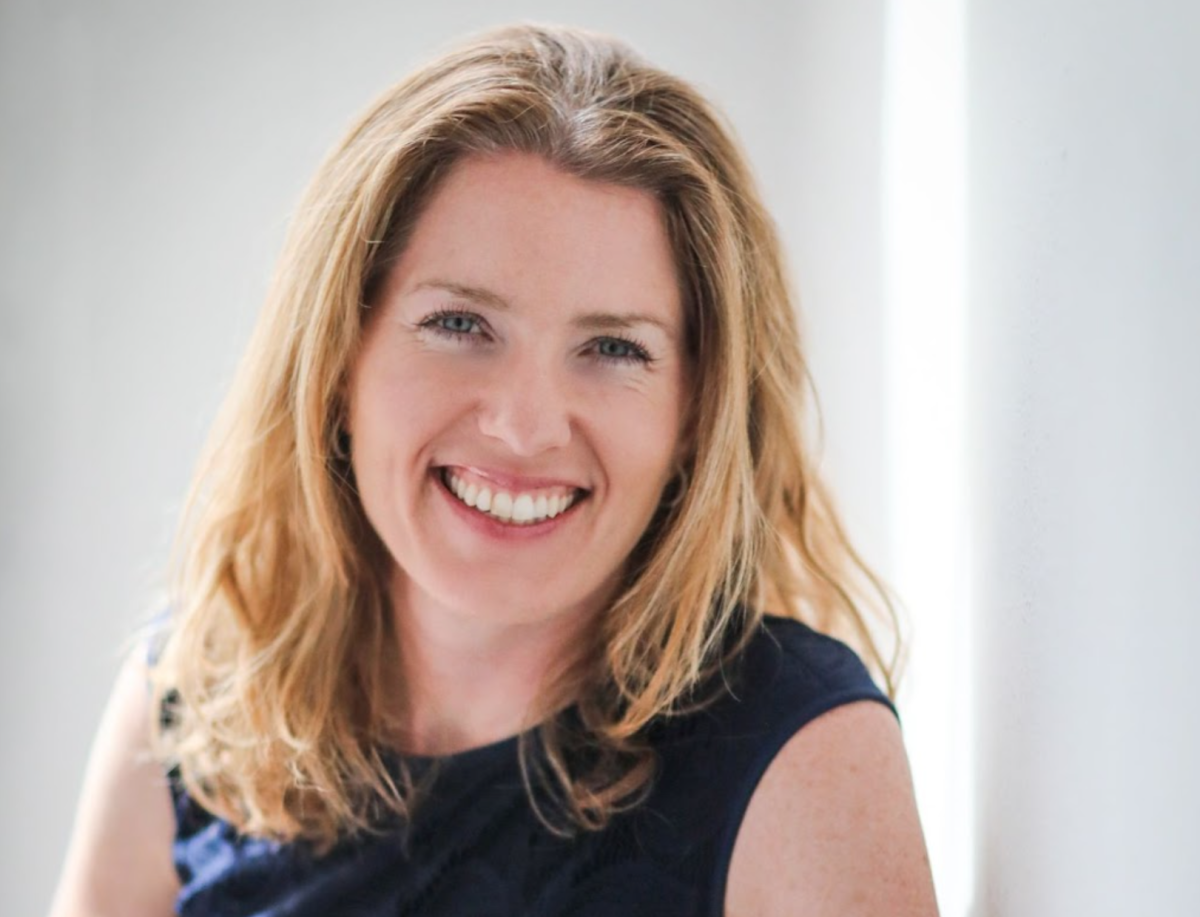By Catherine Gabriel

Just a week after President Donald Trump’s inauguration, Fordham University’s Theology Department held an event titled “Dear Mr. President: Catholic Social Teaching, Civil Discourse and the Trump Presidency,” in which four panelists discussed their experiences with Catholicism and its role in the political world.
Located in the McNally Amphitheatre at Fordham’s Lincoln Center campus, panelists Fr. Bryan Massingale, journalist Christine Emba, journalist David Gibson and professor Natalia Imperatori-Lee examined the question of what it means to be a Catholic in the times of Donald Trump. Patrick Hornbeck, a theology professor and the host of the event, opened the event and said that when this event was planned six months ago, they expected the title to be “Dear Mrs. President.”
The panelists discussed the importance of truth in government. Massingale stressed the importance of truth in civil discourse.
“Donald Trump has a rather loose association for the truth and that is profoundly dangerous,” said Massingale. “We cannot have civil discourse in this country without respect for the truth.”
Natalia Imperatori-Lee, PhD, an associate professor of religious studies at Manhattan College, said Catholic social teaching and this “post truth era are incompatible and cannot come into contact at this moment because there is no room for the truth on the side of the leadership.
“Jesus Himself is the truth,” said Imperatori-Lee.
The discussion moved on to the appropriateness of safe spaces on college campuses. David Gibson, a reporter for Religious News Service, said that while ignoring different opinions and refusing to be open to opposing perspectives is counterproductive for privileged college students, there has to be protected spaces for college students, especially low-income, immigrant or endangered students, to receive an education that will increase their opportunities for a better future.
Massingale cited Dr. Martin Luther King Jr. in his response. “You will be demonized when you stand up for those in society who are poor or oppressed,” said Massingale.
The panel also discussed social issues plaguing the Catholic church. Massingale and Christine Embra, a journalist for The Washington Post, criticized the silence of the U.S. Conference of Catholic Bishops for focusing on single issue topics such as abortion, resulting in their failure to defend Catholic morality as a whole.
“If all of these social issues are stated in our Church’s documents (caring for the poor, welcoming the stranger, etc.), why do we only focus on abortion and same-sex marriage?” asked Emba.
Students reflected this idea. Jack Kiehl, FCRH ’19, said the church has an obligation to focus on all issues, especially those that prove detrimental to the most vulnerable.
“We as Catholics are required to look beyond and talk about all of the issues that affect us, especially the marginalized in society,” he said.
Kiel’s classmate in Massingale’s Catholic Social Teaching class, Stephanie Cohen, FCRH ’19, said dialogue is essential in democracy. “If we don’t engage with others who may think differently than us, we miss out on the opportunity to defend what we know to be true and to understand an opinion different than our own,” said Cohen.
The event concluded with each panelist’s advice for action and progress in the upcoming months for those who are dissatisfied with the current state of government.
Gibson recommended individual movements. “We need to take our eyes off Trump and have a grassroots focus,” said Gibson. “We need to organize, vote, write, call senators, change people’s minds.”
Massingale furthered this suggestion. “Civil disobedience in itself is profoundly Catholic because authority must protect all humans and their dignity,” said Massingale.







































































































































































































